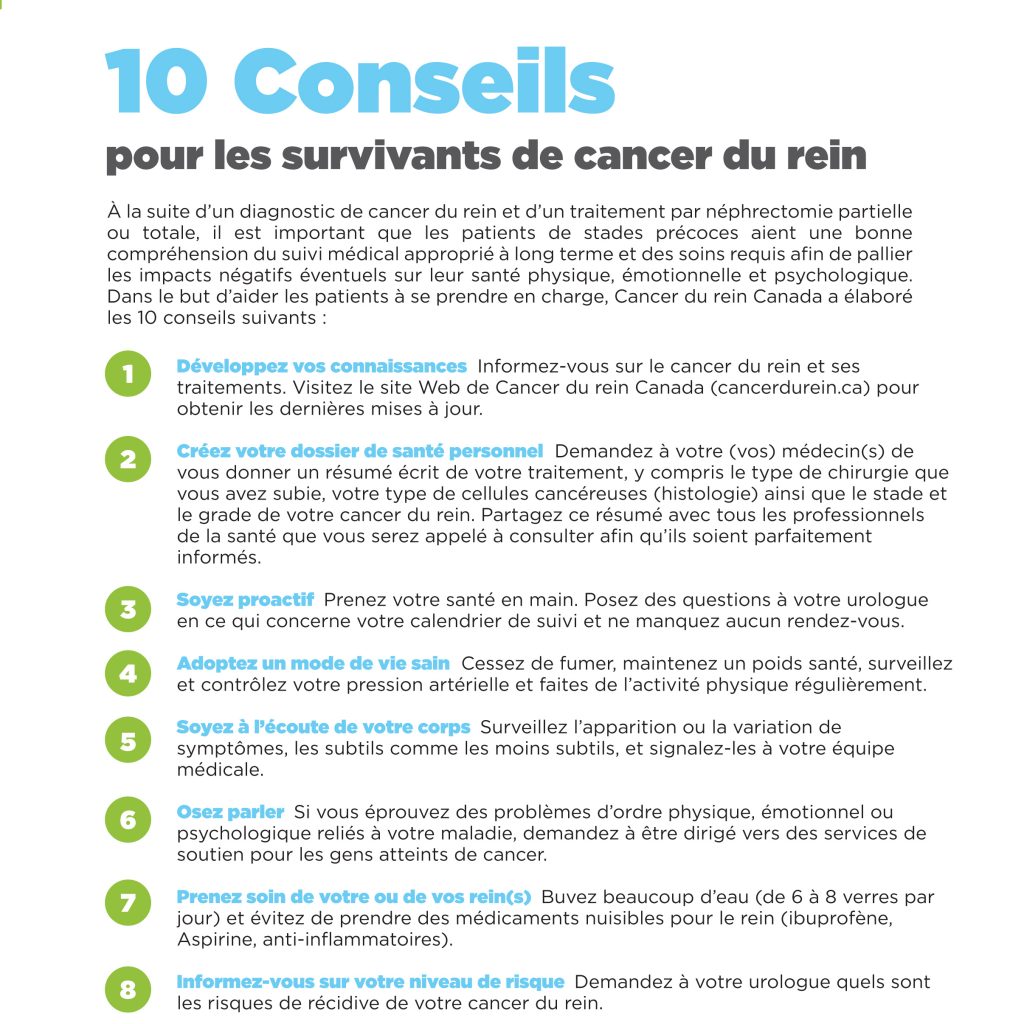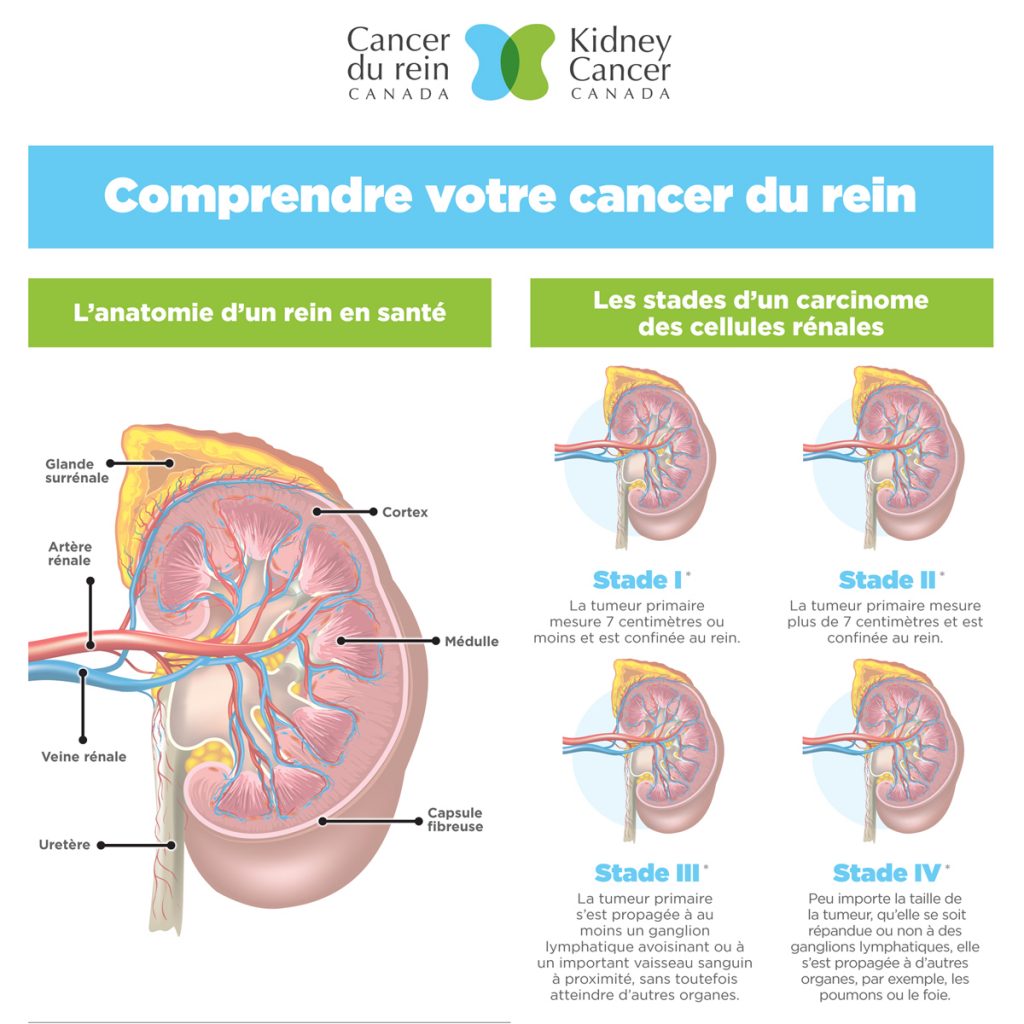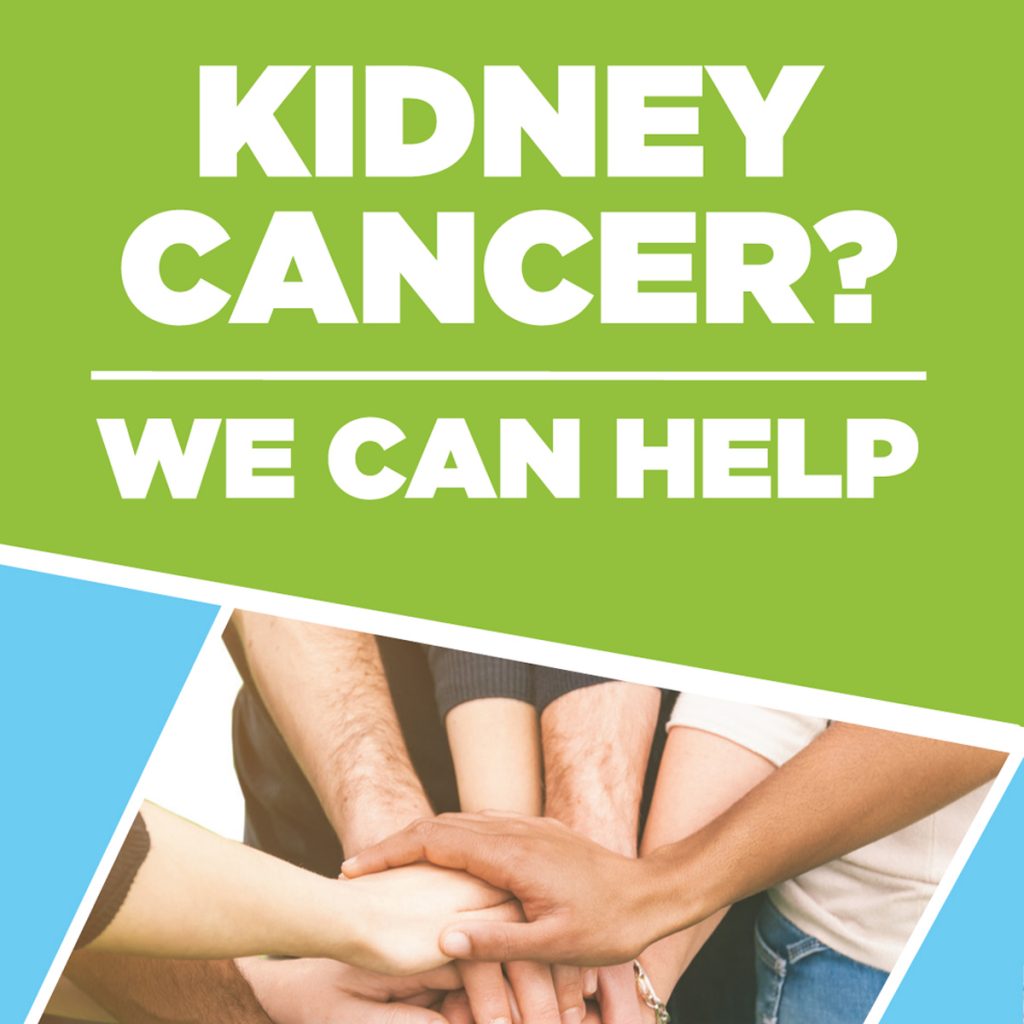The Kidney Cancer Canada – Cancer du rein Canada Corporate Transparency and Code of Conduct (the Code) is a policy adopted by Kidney Cancer Canada – Cancer du rein Canada, (the Charity) regarding financial relationships with commercial entities. The Code is intended to minimize the impact of real, potential or perceived conflict of interest that may arise when the Charity accepts financial support from a company.
Definitions
The following definitions apply to terms used:
- ‘Charity’ refers to Kidney Cancer Canada – Cancer du rein Canada. This definition includes its Board members when acting on behalf of Kidney Cancer Canada – Cancer du rein Canada, and its authorized agents.
- ‘Company’ refers to a commercial entity providing, or seeking to provide, funding to Kidney Cancer Canada – Cancer du rein Canada. This definition includes agents of the company.
- ‘Funding’ refers to any of the five categories of financial support outlined under the Policies section.
Guiding Principles
The Kidney Cancer Canada – Cancer du rein Canada Corporate Transparency and Code of Conduct is based on the following guiding principles:
- Patient Interests: All activities of the Charity are conducted in accordance with the best interests of patients and caregivers.
- Integrity and Scrutiny: The Charity shall perform its duties in a manner that withstands public scrutiny.
- Respect: The Charity respects the stakeholder relations policies of a company with which it is involved.
- Impartiality and Transparency: The Charity ensures it is impartial and objective and that corporate funding decisions are made based on merit. The Charity is as open as possible about all actions that it takes and advice that it provides.
- Accountability: The Charity accepts accountability for its compliance with the Code and ensures that any company with which it is involved is familiar with the Code.
Policies
Conflicts of interest may arise in a mutual relationship where one party has the capacity to exert undue influence over another. The following policies have been developed to ensure that relationships of the Charity and its corporate funders are ethical, transparent and reflect positively on both the Charity and funders.
1. FUNDING: CATEGORIES
Five funding categories are included in the Code:
1.1 Project funding – where the Charity establishes a collaboration with a company to undertake a project relating to an issue of mutual interest, the following will apply:
- The Charity maintains editorial control over all materials produced in connection with the project.
- The sponsor will be acknowledged, in accordance with their policies and governed by the Charity’s policies.
- The Charity will not endorse or promote individual products or services.
- The Charity and the company may both benefit from the relationship.
1.2 Sponsorship – where a company funds a single activity such as an external meeting or newsletter, the following will apply:
- The company is not involved in the design and planning for the activity for which the sponsorship is granted.
- The Charity maintains editorial control over all materials or meeting programs and has sole discretion on the meeting attendees.
- The Charity will not endorse or promote the company’s products or services.
- The sponsor will be acknowledged, in accordance with the Charity’s transparency principles.
- The Charity and the company may both benefit from the relationship.
1.3 Unrestricted grants are defined where all the following apply:
- The company is not involved in the project for which the grant is used.
- The grant will be acknowledged; however, the company’s logo is not used.
- The Charity controls the wording and position of the acknowledgment.
1.4 Financial donations and in-kind support may be offered to the Charity.
- In this case the Charity will acknowledge the name of the corporate donor on its website and/or annual report if the amount of support is greater than 10 percent of the Charity’s total annual revenues. The monetary value of in-kind support over $1,000 should be included in the total amount of the support.
1.5 Support of research activities
- Financial support for research projects may be provided by a company for administration by the Charity. This may take the form of an unrestricted grant or project funding and the respective policies apply to each form of support.
- The company may not have representation on the project steering committee, and the Charity maintains control over the choice of research Charity, study design and publication of results.
- The sponsor(s) of any research activities will be acknowledged at the presentation and publication of results.
2. POLICIES FOR THE CHARITY
2.1 Before accepting funding from a company, the Charity’s board or executive must conduct due diligence to satisfy itself that:
- There is strong reason to believe that the donation, grant or sponsorship will result in benefit to the Charity and to the patients and caregivers it serves.
- The company’s type of business, its corporate governance policies and its reputation in working with the Charity do not present any cause for concern.
- The Charity will not knowingly accept any type of funding from a company that primarily produces or primarily sells commercial tobacco products or primarily receives funding from their sales.
2.2 The Charity will maintain its independence of action
- The content of communications originating from the Charity, such as patient submissions for drug reviews, policy submissions, information for patients, caregivers and the public, newsletters and presentations must be developed entirely by the Charity.
- Submissions for drug reviews or policy recommendations will not be shared or reviewed with sponsors in advance.
- The Charity will not endorse or promote individual products or services by brand name. Advocacy activities, such as making patient submissions for drug reviews or petitioning governments to fund a therapy, are not considered promotion because these activities are intended to improve access to the therapy, rather than recommend that it be prescribed. Similarly, providing educational information on available therapy options is not considered promotion.
2.3 The Charity will maintain mutually respectful and transparent relations.
- The Charity will sign a written agreement with all companies outlining each partner’s contribution and responsibilities. The company and the Charity must agree to abide by each other’s codes of conduct.
- A company’s support will be acknowledged transparently and appropriately.
2.4 The Charity will proactively limit influence.
- The Charity where possible should seek a diversity of funding sources and should not allow any one corporate sponsor to contribute more than 50 per cent of the Charity’s or the company’s total revenues for the year, including the value of in-kind services.
3. POLICIES FOR COMPANIES
The Charity will not embark upon or continue with any sponsorship, grant making or collaborative venture that might damage its reputation or result in the dissemination of biased and inaccurate information. Therefore, when working with the Charity, companies are expected to adhere to the following guidelines:
3.1 The Charity must be consulted whenever and wherever its name is used. Approval must be sought, in writing, for any copy produced which refers to an initiative of the Charity that is supported by the company.
3.2 At no time can the Charity’s logo be used without express written permission.
3.3 At no time can press releases be issued which refer to the Charity without the Charity’s prior written approval. Likewise, suggested quotes can be prepared but must always be agreed to, in writing, by the Charity.
3.4 The Charity retains a veto over all materials produced in connection with an initiative.
Updated 2019-08-01



























































